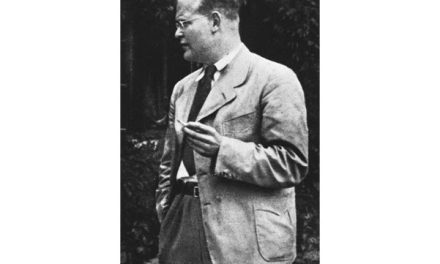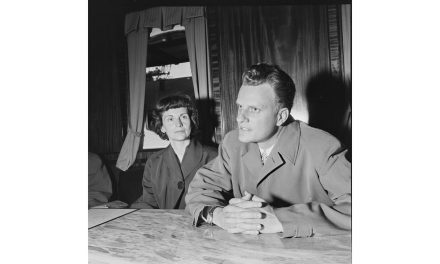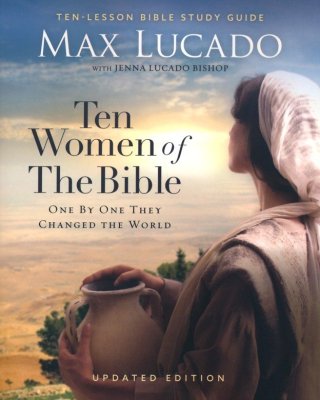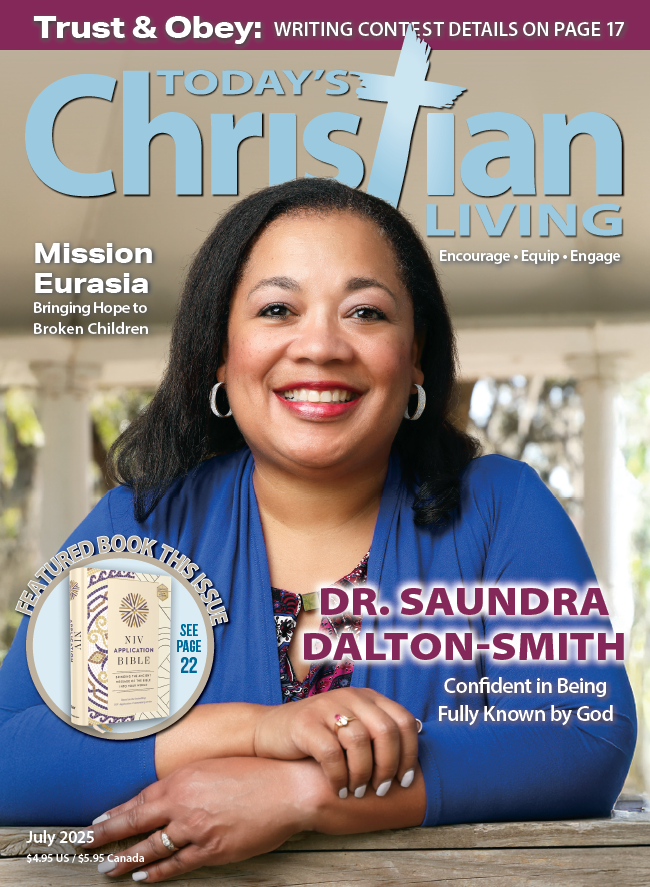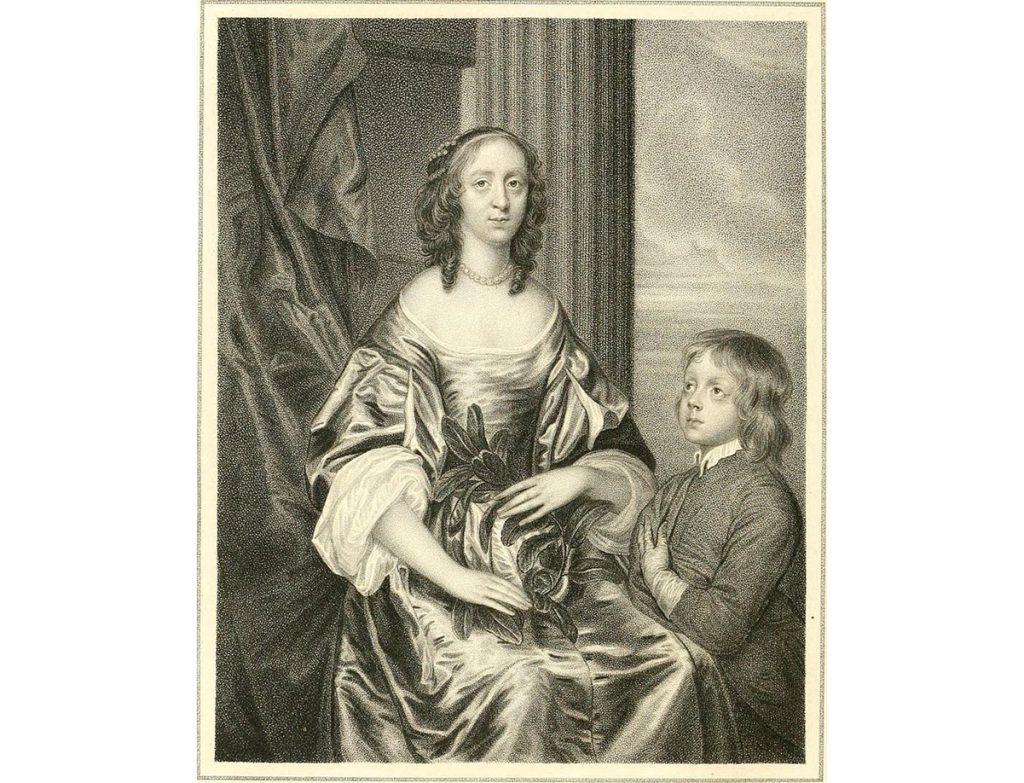
If you’re a history buff, particularly a church history buff, you are probably familiar with John Bunyan, William Bradford, John Owen and Jonathan Edwards — all Puritan men. But the name Lucy Hutchinson may be new to you. Let’s take a moment to get to know this often-unsung faith hero.
Lucy Apsley was born in the Tower of London, where her father was a lieutenant, in 1620. She was not a typical girl of her day. She preferred reading and attending sermons with her mother to playing with other children or sewing. Furthermore, she showed great promise as a student, besting her brothers at Latin, and as a writer and literary translator.
She married John Hutchinson in 1638. He embraced her intellectual prowess and insightful writings. They had eight children before he was imprisoned for adding his signature to King Charles’ death warrant. He died in prison, leaving Lucy to raise their family alone.
Lucy Hutchinson was a Puritan woman who embraced John Calvin’s teachings. In addition to her poetry, histories and other works, she published the only theological treatise written by a 17th century woman. She wrote the book with her daughter, Barbara, in mind. In it, she urged Barbara to love God deeply, be an active part of a local church, and to serve others from the depths of God’s love. Lucy discussed God’s creative work, and our salvation and sanctification through faith in Christ alone.
This amazing woman was not discouraged from undertaking big tasks by her daily responsibilities. Though the laws of the day prevented her from attending college and becoming a theologian, she studied God’s Word and other resources available to her and became better acquainted with the God she loved and served.
Nor was she discouraged by her difficult circumstances — struggling to pay bills and care for her family with little help. Instead, she campaigned (unsuccessfully) for her husband’s release, raised their children to fear the Lord, and carved out a writing profession. Her hardships spurred her on and taught her perseverance. Her life is a shining example of how we can faithfully honor God, even when our struggles threaten to overwhelm us.
Lucy passed away in 1681, leaving behind a legacy of spiritual fervor, devoted care for her family and service to God’s people.
“In things great and extraordinary some, perhaps, will take notice of God’s working, who either forget or believe not that He takes as well a care and account of their smallest concernments…”
-Lucy Hutchinson


